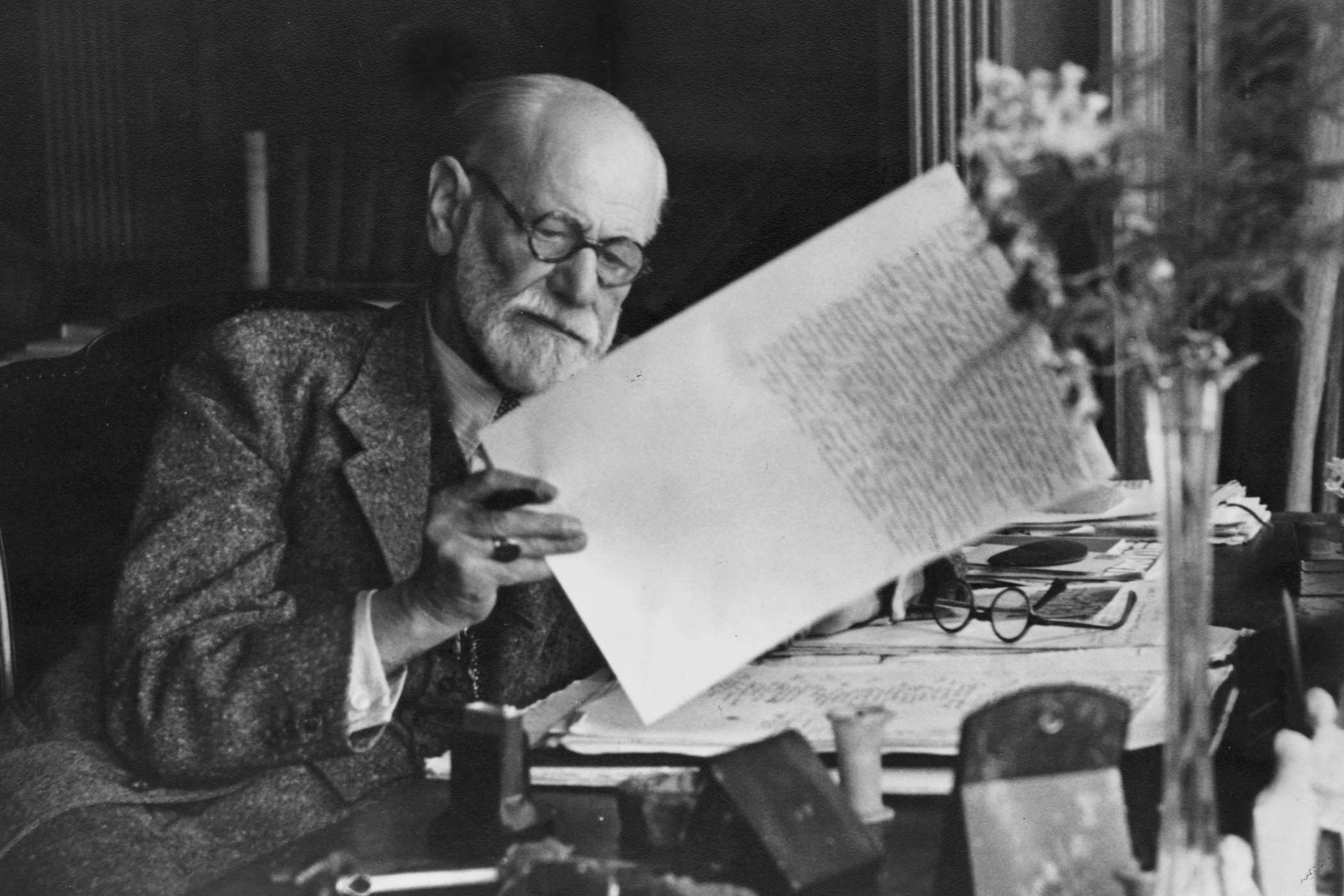On 31 January this year, an unlikely group assembled on a video call to discuss the idea of taking out a private prosecution against Piers Morgan over phone hacking.
Prince Harry and former prime minister Gordon Brown were on screen alongside actor Hugh Grant, former Liberal Democrat cabinet minister Chris Huhne and the press standards campaigner Evan Harris.
In front of them, they had a briefing about private prosecutions prepared by the House of Commons Library. The plan they chewed over was to bring Morgan to court to face allegations that he knew voicemail interception – phone hacking – was widespread at the Daily Mirror while he was editor from 1995 to 2004, and later lied about it under oath.
Even before that meeting, Huhne had been going through old phone records and stumbled across something new: a pattern of calls that made him suspicious his phone might have been hacked in 2010 by Rupert Murdoch’s News International, now News UK – publisher of the Sun, the Times and the Sunday Times – while he was taking part in talks to assemble the coalition government. It was a political and constitutional moment so significant that we had never seen the like of it before.

And today, on billboards and television screens, you will see The Hack, the phone hacking drama. The cast list alone, including David Tennant and Toby Jones, leaves no room for doubt that ITV budgeted for a hit.
Nearly 20 years after the first big break in the story, when the News of the World’s royal editor and a private investigator were arrested, phone hacking is back. Except…
The Hack is playing to half-empty houses. There is no sign – so far, anyway – of the slow-building outrage that turned Mr Bates vs the Post Office into much more than a drama.
The press intrusion campaigners have never stopped being outraged but they are down to their last two big shots: can they win a phone hacking case next year against Associated Newspapers, which publishes the Daily Mail, and can they persuade the Metropolitan police to reopen a criminal inquiry into phone hacking? On the latter question, the signs are: almost definitely not.
There is movement in the phone hacking story but there is a question, too. Is it momentum? Or are we seeing the last dancing sparks from the embers of a tale that burned bright at first but, since then – however unfairly – has captivated a few and bored more, and may now be fading away before our eyes?
For years, Morgan has been a target for campaigners against press intrusion, who suspect that he knows more than he has publicly let on about unlawful information gathering. He has never been charged in connection with hacking and his position remains that he had no knowledge of it at the Mirror.
Newsletters
Choose the newsletters you want to receive
View more
For information about how The Observer protects your data, read our Privacy Policy
The new avenue that campaigners believe can bring Morgan to court is a private prosecution based on findings of fact by a high court judge in December 2023.
In a case brought by the Duke of Sussex and others, Mr Justice Fancourt found voicemail interception was “widespread” at Mirror Group Newspapers (MGN) from about 1996 onwards, and that it was concealed from its board and shareholders, from parliament and the public. “There can be no doubt,” the judge said, “that editors of its titles knew about voicemail interception.”
In response, Morgan repeated his denial that he had either carried out hacking or commissioned it: “And nobody has produced any actual evidence to prove that I did.”
Fancourt agreed: he did not find that Morgan personally instructed others to hack voicemails, or hacked them himself. His judgment suggested the key material he had seen was testimony from two witnesses; a young reporter doing work experience on the Mirror’s showbiz desk, and the paper’s former political editor.
Who will take the private prosecution and how it will be funded are yet to be decided. To begin one, an individual or organisation has to present persuasive evidence to a magistrate, but even after a case is under way, the Crown Prosecution Service can step in and either take it over as a public prosecution, or shut it down if it believes it is being badly run.
Kate McMahon, one of the founders of London law firm Edmonds Marshall McMahon, successfully led the largest private prosecution to date in the UK – a multimillion-pound fraud case. She cautions that, while a finding of fact may provide a strong basis for opening a private prosecution, it is by no means a home run.
And context matters in this story. Nine days before Harry, Brown and the gang dialled into their video call, News Group Newspapers (NGN), the division of News UK that publishes the Sun, had agreed to settle the last in a long series of civil claims against it.
If they had gone to full trial, the cases would have released into the public domain a wave of new information, but that remained undisclosed under the settlements.
It looked like the end of a particular road for campaigners and, at best, a partial victory. Private prosecutions – not just against Morgan but perhaps against NGN as well in future – hold out the prospect of preventing that moment from turning into a dead end.
The Observer contacted Morgan, but he did not want to comment.
There is a long view of the shuffling progress of the phone hacking story over time. At first, the point of voicemail interception was to vaccuum up material for showbusiness, sport and royal stories. It is only in the last couple of years that a different angle has emerged.
In evidence presented in court in civil claims, it has been alleged that News International hacked the phones of MPs and ministers to protect its commercial interests or understand the risks from greater regulation.
It denied every one of those claims of corporate espionage.
The question that springs from the phone records of former cabinet minister Huhne is whether News International was prepared to deploy hacking at one of the most critical and sensitive moments of British political life in recent decades: the talks to put together a coalition after the 2010 general election.
The election gave the Conservatives the most seats but not enough to govern alone. Talks to thrash out who would run the show began the morning after polling day, surrounded by secrecy.
More context. Barely a month after the 2010 election, News Corporation, the owner of News International, announced a plan it had been considering long beforehand; to make arguably the most significant commercial move in its history by buying the 61% of the satellite broadcaster BSkyB it did not already own.
News Corp would have been aware Tory ministers were likely to allow its bid, while Labour would stand in its way. It would have been hungry for information about which way the wind was blowing in the talks.
Huhne was one of the Lib Dems’ negotiating team. He told The Observer: “The pattern of calls tells me I was phone-hacked during the coalition talks in 2010. I don’t think this was a journalistic operation; in my view, it was designed to gather corporate intelligence.”
Huhne’s phone records were disclosed by NGN when he brought a civil claim against it and referred to in open court.
The “pattern of calls” was raised by Huhne and other politicians who brought phone-hacking claims against NGN. They argued that, if they received calls from a telephone number at News International’s corporate headquarters, not from political journalists’ mobile phones, as they would expect, that was suspicious.
Why were they getting those calls when they had not received them before? The corporate number in question became known as the “hub number”.
The Observer has seen evidence of two other cases with the same pattern of calls Huhne identified. They were made to a former Labour minister who was part of their negotiating team and an influential Lib Dem adviser who was frequently consulted about options on the table.
Neither wants to be identified but between them they received more than a dozen calls from the hub number while negotiations were taking place.
In his case, looking back over phone records that were disclosed in his civil claim against NGN, Huhne spotted a problem: “Four attempted pick-ups of my voicemail messages in five days of coalition talks. In such a concentrated period, that was very unusual.”
News UK denies that any such thing took place: “It is categorically untrue – and pure conspiracy – to suggest that News International employees were illegally accessing voicemails during the coalition talks. It was a period of heightened political interest and journalists were understandably making calls (or sending texts) to the politicians involved.”
The interest is undeniable. As someone close to one of the top political players at the time put it: “Every newspaper editor and journalist was calling anyone they might know with any insight, and on all sides, nonstop over those five days.”
But the number of calls is not the key here; it is where they were made from. Is it reasonable to assume that, in and of itself, a call from the hub number was suspicious? News UK says not. It claims that several of its landlines, including in parliament, were routed through the hub number. That evidence has not been tested in court.
Huhne believes News International might have had a motive that went beyond journalism. “I think they wanted the Conservatives to win. What you always want to know in a negotiation and which you can only ever usually guess, is what are the other side’s red lines. If you know that, you are in a much stronger position.”
News UK has also told The Observer that hacking voicemails was “virtually impossible” after 2006 because of new security measures on mobile phones. It said it planned to put a former head of security at O2 on the stand in court earlier this year to give evidence, but did not have the opportunity because it chose to settle the case before it went to trial.
Was it “virtually impossible” to hack voicemails? It was certainly more difficult after 2006, but in his judgment in December 2023 in the case brought by Harry and others against MGN, Fancourt found that voicemail hacking “continued extensively but on a reducing basis from 2007 to 2011”.
‘If you don’t care a powerful media organisation got away with impunity, you don’t care about democracy’
‘If you don’t care a powerful media organisation got away with impunity, you don’t care about democracy’
Chris Huhne, ex-Liberal Democrat minister
Even if intelligence was gathered from MPs’ phones during coalition talks, there is no sign anyone acted on it or that their outcome was affected. As far as we can tell, hacking, if hacking there was, did not rewrite history.
For Huhne, that does not undermine the significance of what he sees in his phone records. “It matters for one very simple reason. This is still probably the most powerful media organisation in the world. I feel it has got away with it with impunity. And if you think that doesn’t matter, you don’t care about democracy.
“This is still an enormously powerful organisation, taking enormously important decisions every single week, which are influencing the democratic debate in our countries. And, you know, democracy is under enough threat from very clear sources without adding this lot as well.”
Huhne is among a faithful few who see something appallingly unresolved in the story of phone hacking. But there is a risk to the campaigners from a bigger group; the people who did not rise up to complain when Leveson 2, the planned second stage of the original 2011 inquiry by judge Sir Brian Leveson, was quietly dropped in 2018, and have not raised their hands to support a campaign by Brown to persuade the Met to reopen a criminal inquiry. To them, phone hacking looks a lot like history.
When Jack Thorne, the writer of The Hack, was first approached about a hacking drama, he described his reaction: “Oh no, I know this story,” he said, “and then I read on and thought: ‘Oh, I don’t know this story at all.’”
The country appears to divide along similar lines: a small group of committed believers in higher press standards who know the phone hacking story intimately; and a much bigger cohort who do not know it so well but, unlike Thorne, seem happy not to read on.
Photographs by ITV Studios



